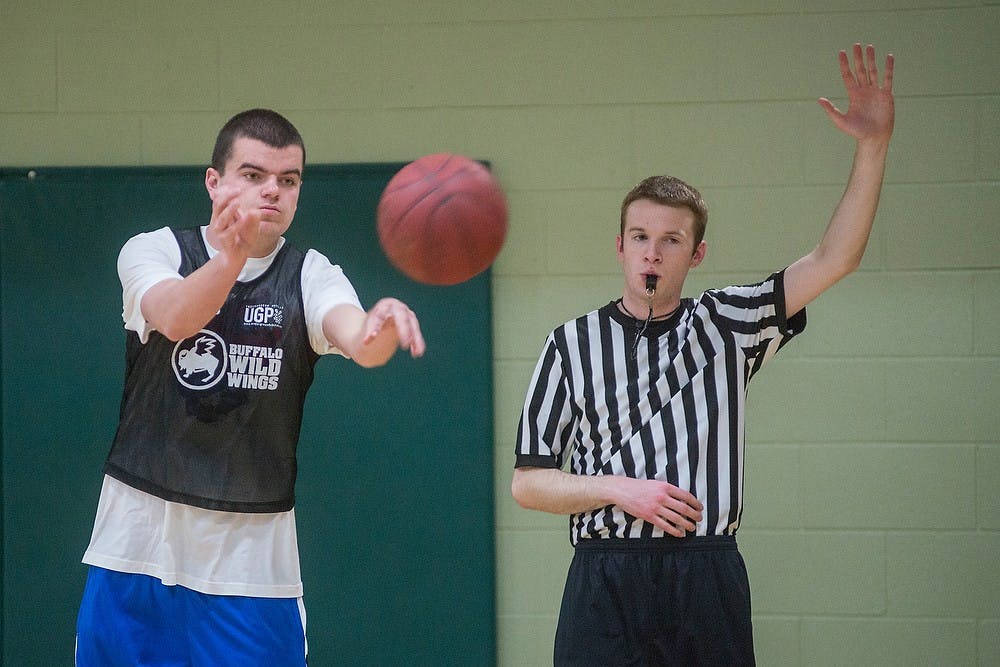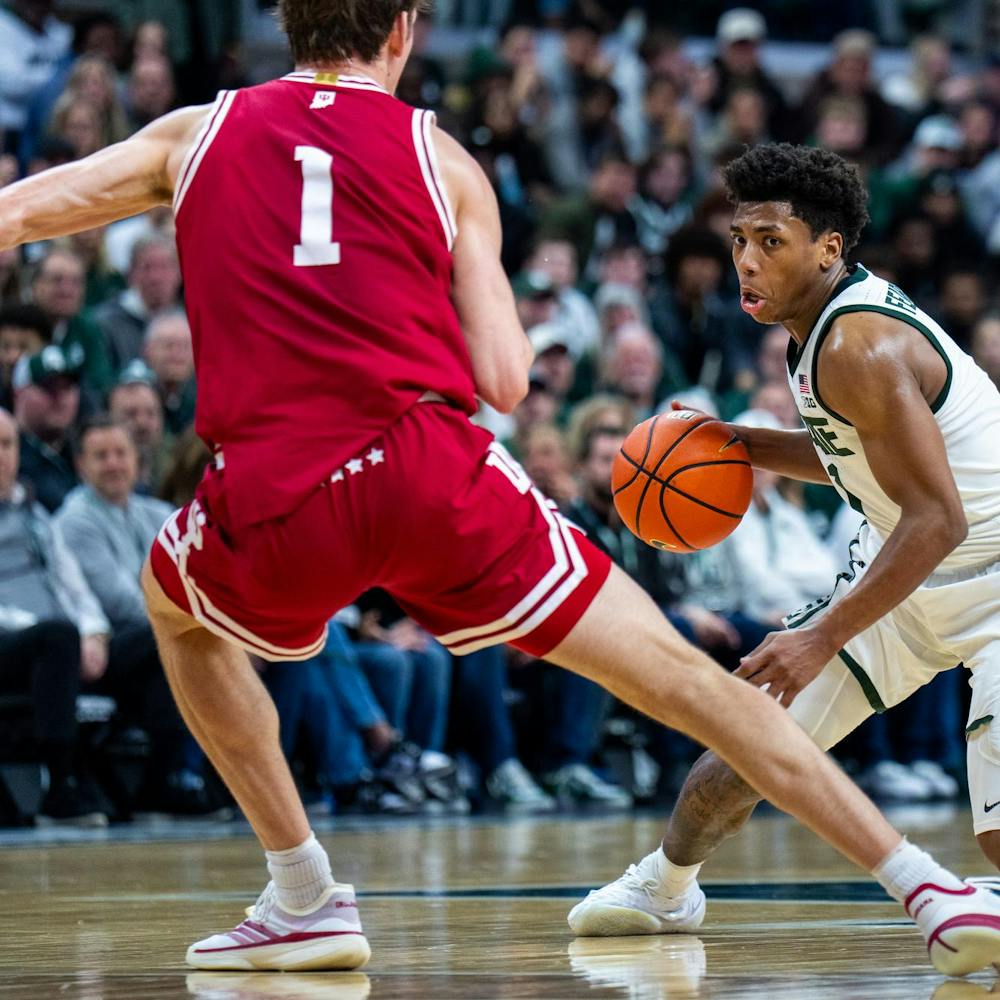The Michigan Senate recently introduced a new bill increasing punishments for violence against sports officials, in response to the death of Westland resident John Bieniewicz in July 2014.
Bieniewicz was punched in the head by a player while refereeing an adult soccer game in Livonia, Michigan.
The blow left Bieniewicz unconscious and not breathing on the field, according to the Livonia police.
Bieniewicz was pronounced dead two days later. On January 27, 2015, Sen. Morris Hood, D-Dearborn, introduced Senate Bill No. 31, which detailed that any person who assaults, batters or solicits a sports official while at a sports event, or over social media, could face imprisonment up to three years, a fine of $10,000 or both.
At MSU, intramural sports leagues are often fiercely competitive affairs and passions are high in the players and the fans.
As a result, sometimes tensions rise, and the students who officiate the game get caught in the middle.
“I think that many times fans and spectators go above and beyond in their name calling,” Nicholas Meyer, a basketball and football officiate and MSU IM referee, wrote in an email. “Referees have thick skins and often laugh about some of those comments, but sometimes it goes way too far.”
In all levels of sports, many referees are threatened with violence, but often only verbal.
“The verbal abuse ranges between mild and serious. Sports games can really instigate emotions, and I think that some people use language and their words to unleash some of the anger the game creates for them,” said Kevin Licata, an MSU IM soccer officiate.
Regardless, Meyer said everyone has a story.
“If you ask anyone who has refereed for a significant amount of time, everyone has some kind of personal story,” Meyer said.
Human biology sophomore Cote Marshall has been a referee for eight years, officiating hockey, football, baseball and softball.
He said he has experienced threats while on the job.
“I had a fan come up to me after I got off the ice of a hockey game,” Marshall said. “He told me that he would be waiting for me and my (refereeing) partner after the game. But my partner’s dad is a cop, and he was standing right next to us, so nothing happened.”
Marshall said that while on the field, if players are angry it’s for a reason, and at the end of the game everyone still shakes hands.
Still, Meyer believes the bill would not completely stop abuse.
“In the heat of the moment I find it hard to believe that player, fan or coach would take into account that their actions would lead to an automatic felony,” Meyer said.
Chad Stevens, an MSU IM basketball officiate, was impressed that legislators were willing to confront this issue, and said “the publicity around the bill is a good chance to remind fans that they are spectators to the games and need to remember some boundaries.”
On March 3, the bill passed the Senate Judiciary Committee, but has not yet been put to a vote on the Senate floor.
“I’m pleased to see the bipartisan support to approve the bills today. These bills will make our sporting events safer, and will encourage people to respect the game. That’s what John Bieniewicz would want,” Hood said.







